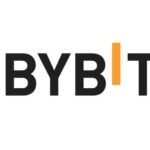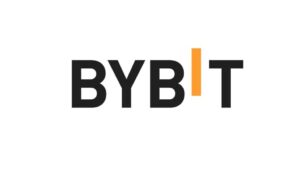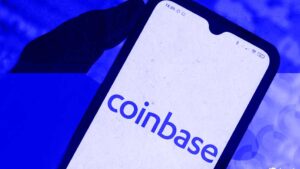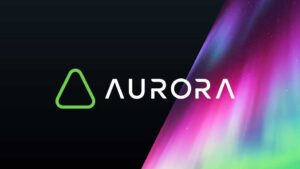With the growing investments in cryptocurrency and ownership of digital assets, it is important to know how to protect them from theft and hacking. Bitcoin, Ethereum and other cryptocurrencies are secured, recorded, and stored using blockchain technology. Blockchain is a decentralized and distributed system that stores data through innovative high-level software. As a result, it is difficult for hackers to manipulate.
However, despite the security of blockchain technology, it is still subject to vulnerabilities. This risk is especially due to third-party applications.
Safeguarding your wallet is very important if you currently invest or store your wealth in digital assets. For example, in 2018, crypto worth over $500 million was stolen from the Japanese Coincheck. Similarly, hackers stole over 850,000 bitcoin from Mt. Gox in 2014.
Here are five critical tips to consider:
Understand the difference between hot wallet and cold wallet
There are two major cryptocurrency types. While a hot wallet is online storage, cold wallets are offline. Therefore, you can transfer the crypto through the internet and store it virtually in the case of hot wallets. The problem with this is that there is a higher susceptibility to hacking since it is virtual. However, cold wallets are less susceptible to theft, although it is difficult to transfer and receive crypto using them. Examples of hot wallets are Coinbase, Binance, BlockFi, Robinhood, Zengo and Blockchain wallet. On the other hand, cold wallets are Ledger Nano X, Trezor Model T, USB and flash drives.
Select a reputable wallet
You should ensure that the wallet company employs standard security tools and authentication options and is dependable. To choose, read the reviews and select those with a strong reputation. While some wallets are free, cold wallets tend to require purchase. Thus, it is advisable to pay for this extra security.
Always use trusted and secure networks
If you settle for a hot wallet, the security of your network is critical. Public internet is generally unsafe. They should be avoided when cryptocurrency activities and transactions are made. Therefore, it is best only to use your home network that you are convinced is safe.
Use two-factor authentication (TFA)
Beyond having a strong and unpredictable password, you should consider a second layer of encryption. It would be best not to use passwords like 12345 or date of birth for your precious investments. Both a hot and cold wallet can use TFA, and a popular tool you can utilize is Google authenticator. Therefore, your wallet is twice safe and impenetrable
Backup your wallet
Finally, ensure you always backup your wallet. Typically, you are entitled to a backup word combination known as a seed. The purpose is to give you access in case you lose your device. Keeping this seed somewhere outside your phone and cold wallet is best. Once you lose access to your cryptocurrency, it is gone forever. Digital investments require as much protection as physical ones. Unfortunately, hackers are constantly trying to steal cryptocurrencies, and it is up to you to safeguard your wallet and backup your passwords.




























